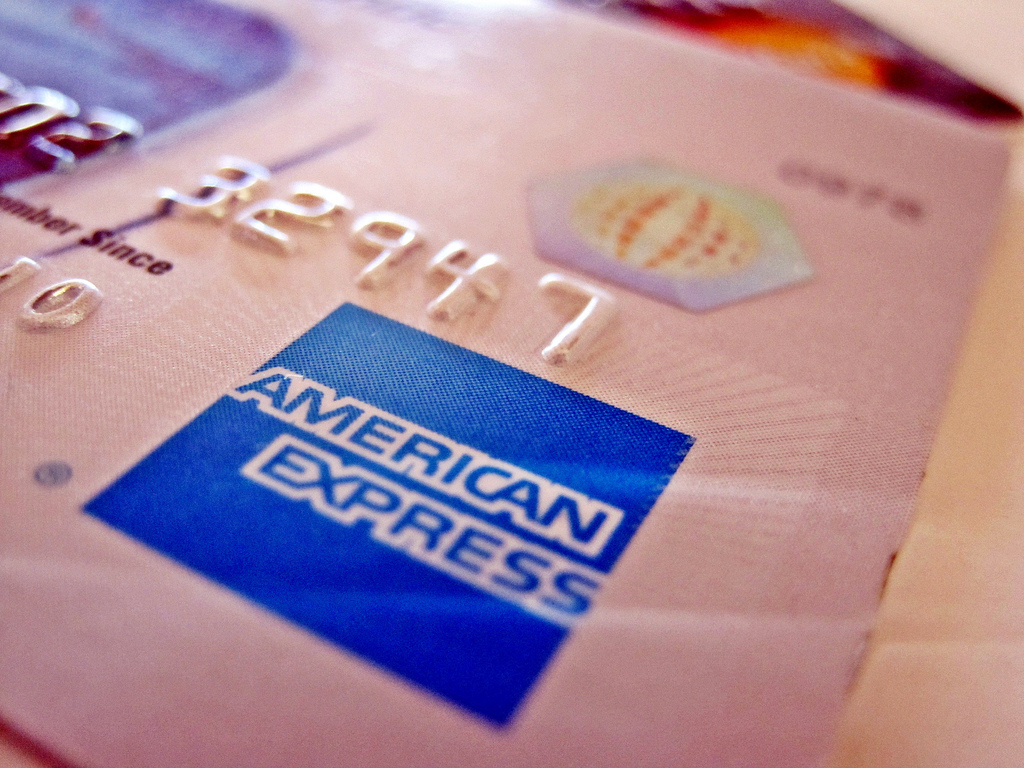Strict new federal procurement policies mandated by Finance minister Mathias Cormann are poised to deliver banks and credit card schemes a handsome windfall under rules intended to dramatically to speed up payments to small businesses.
The Department of Finance has confirmed that government departments and agencies bound by the new guidelines (most) will be free to make their own choices as to which banks and card products they use to pay amounts under $10,000 rather than being required to go through the existing central procurement mechanism imposed on card purchases for travel and related services.
The new guidelines, which were officially detailed to government buyers and industry using the AusTender procurement system this week, require most departments and agencies to use credit or other payment cards to pay suppliers for amounts less than $10,000 on request.
Government buyers will also have to pay-up within 30 days of a correct bill being received for amounts of up to $1 million … or risk copping interest penalties calculated at the same rate the Australian Taxation Office puts on late payments owed to it.
The new rules kick-in in early 2015 and are supposed to create faster alternatives to the traditional use of direct bank deposits or cheques to remit normal payments to suppliers.
Travel bookings and accommodation made on government credit cards have for years been subjected to centralised procurement through a mandated long-term deal with Diners Club that runs until 2017. That will still stand.
What’s changed is that rest of the non-travel market has been thrown wide open to card issuers and schemes looking to sell new corporate purchasing products into Canberra.
“Establishing general purchasing card arrangements is the responsibility of each individual departments and agencies. The Department of Finance does not maintain statistics on the issuers of credit or debit cards to individual departments and agencies,” a Finance spokesperson told Government News.
But just how big the pool of money in transactions that banks and card schemes are in line to prospectively milk through fees is, rather uncharacteristically, unclear.
“Commonwealth departments and agencies are required to report contracts valued above $10,000 on AusTender, the Commonwealth’s procurement information system,” the Finance spokesperson said.
“The Department of Finance does not have statistics on the annual total dollar value of contracts below the $10,000 threshold.”
However the mandate for departments to pay-up within 30 days, coupled with so-called ‘credit card on request’ rules, could potentially drive-up incremental costs for departments, especially when paying contractors hungry for cash.Corporate payment cards have been a lucrative niche for payment schemes and issuing banks.
MasterCard and Visa charge apply interchange fees of between 1.1 per cent and 1.32 per cent respectively for their corporate card products, which departments would prospectively use, and fees incurred or passed through to merchants accepting other credit card products can often be higher.
The level of fees incurred by businesses, especially small ones, prompted the Reserve Bank of Australia to both regulate interchange fees and allow merchants to recover the cost of transaction processing by applying a surcharge to payments.
Those same fees and surcharges could now foreseeably boomerang back to government agencies because merchants will be allowed to pass on transaction costs in the same way as the Australian Taxation Office applies cost recovery surcharges when accepting money by credit card.
“The payment card policy notes that merchant service fees are required to be limited to ‘reasonable cost’ for accepting the payment which may vary on the card used,” Finance said.
“Further guidance on merchant service fees is available from the Reserve Bank of Australia in the Guidance Note: Interpretation of the Surcharging Standards.”
http://www.rba.gov.au/payments-system/reforms/cards/201211-var-surcharging-stnds-guidance/guidance-note.html






Leave a Reply